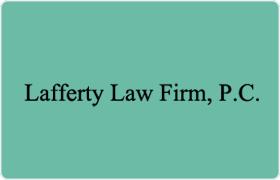Hermitage Workout Lawyer, Tennessee
Sponsored Law Firm
-
 x
x

Click For More Info:
-
Lafferty Law Firm, P.C.
1321 Murfreesboro Pike Suite 521 Nashville, TN 37217» view mapBankruptcy & Debt Over 30 Years Of Experience
Susan S. Lafferty is a CPA and Attorney who enjoys helping people with financial problems. She is located in Nashville, TN where she has lived for over 30 years.
800-936-9071
Not enough matches for Hermitage Workout lawyer.
Below are all Hermitage Bankruptcy & Debt lawyers.
David Earl Phillips
Divorce & Family Law, Reorganization, Bankruptcy, Bankruptcy & Debt
Status: In Good Standing Licensed: 39 Years
Miller Hogan
Business & Trade, Construction, Corporate, Credit & Debt
Status: In Good Standing Licensed: 31 Years
John G. Doak
Elder Law, Insurance, Credit & Debt, Products Liability
Status: Inactive Licensed: 62 Years
 Susan Lafferty Nashville, TN
Susan Lafferty Nashville, TN Practice AreasExpertise
Practice AreasExpertise
